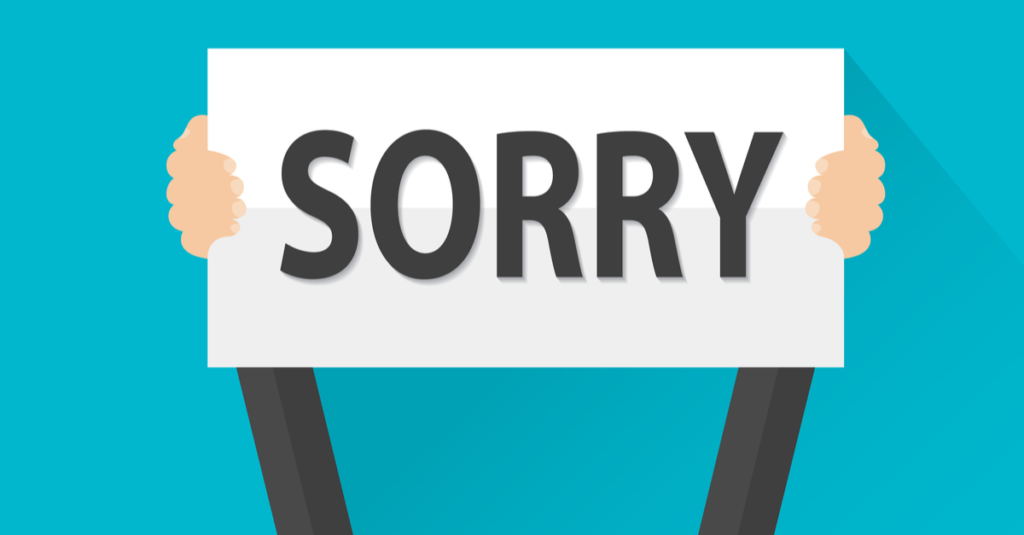When faced with difficult questions or allegations, defensiveness is often the most common response. But when this scene plays out on a public stage, constant rebuttals and shifting the blame only incites and prolongs media coverage.
While corporate apologies are much more common today, they are not a panacea – and often come with a hefty price-tag. Here are some of our favorite examples of what not to do:
- Recalls for Takata’s air bags, linked to eight deaths hundreds of injuries, began in April 2013 but the company’s president Shigehisa Takada didn’t make his first public apology until nearly two years later. “I apologize for not having been able to communicate directly earlier, and also apologize for people who died or were injured,” Takada said. “I feel sorry our products hurt customers, despite the fact that we are a supplier of safety products.”As the height of the crisis, Takata shares fell to its lowest in more than six years, losing $330 million in just over two days.
- Former BP CEO Tony Hayward’s monumental gaff in the days following the Gulf oil spill stands the test of time as just how offensive a lack of compassion can be, particularly in an incident where lives were lost. He told the press, “We’re sorry for the massive disruption it’s caused their lives. There’s no one who wants this over more than I do, I would like my life back.” Asked in another interview about the amount of oil and dispersant flowing into the gulf, Hayward responded, "The Gulf of Mexico is a very big ocean. The amount of volume of oil and dispersant we are putting into it is tiny in relation to the total water volume.”
- When Volkswagen admitted in 2015 that 11 million of its vehicles did not simply fall short of EPA emission regulations, but were fitted with emissions-cheating software, CEO Martin Winterkorn resigned, and read an apology: “It’s incomprehensible why I wasn’t informed early and clearly,” Winterkorn, said. “I would have prevented any type of deception or misleading of authorities.” The crisis certainly left its mark – as of January 2017, Volkswagen had paid more than $23 billion in settlements in the US and Canada.
- United Airlines made headlines in April when crew members and security officers forcibly dragged a passenger from a flight. Instead of apologizing for his employee’s inhumane treatment of the passenger, United’s CEO first apologized for “having to re-accommodate [the] customers” who had given up their seats. Munoz dug himself deeper with a company-wide memo that said the crew’s conduct on the plane was in accordance with “established procedures.” A third attempt at a public apology was too little, too late.
By Charlotte Gross


